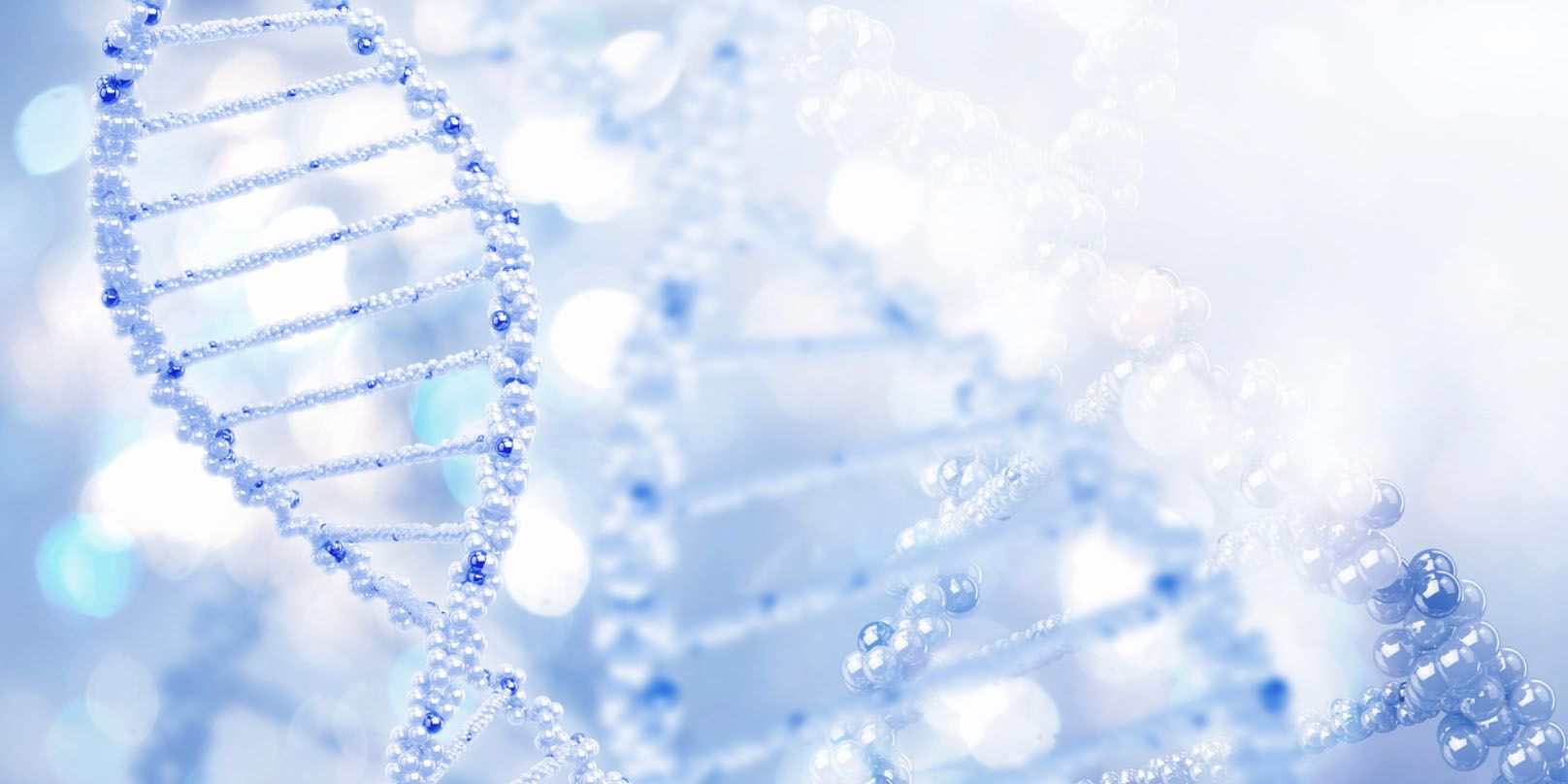Neuro-Oncologists Await Late-Phase Clinical Trial Exploration of Enzastaurin in Glioblastoma
Enzastaurin is on track to serve an unmet medical need in the treatment landscape of glioblastoma. Neuro-oncologists are waiting on the launch of an important clinical trial to further demonstrate the efficacy of the drug.

First-in-class small molecule enzastaurin is on track to serve an unmet medical need in the treatment landscape of glioblastoma. The agent was recently granted Fast Track designation by the FDA for newly diagnosed glioblastoma multiforme, and already, a new clinical trial in planned.1
“There has not been much in the way of development of therapy for patients with glioblastoma who don't live beyond 2 years with treatment. We’re looking for treatments that improve survival and based on prior studies, it looks like enzastaurin could be helpful for those patient who have the novel genomic biomarker, DGM1,” Nicholas Butowski, MD, neuro-oncologist, director of Clinical Services in Neuro-Oncology, and researcher at the Brain Tumor Center at the University of California San Francisco told Targeted Oncology, in an interview.
Enzastaurin will be explored in the randomized, double-blind, placebo-controlled, multicenter study in combination with temozolomide during or after radiotherapy compared with placebo plus temozolomide before or after radiotherapy. The drug’s developer, Denovo BioPharm, was granted permission to move forward with the trial by the FDA in July 2020.2
The phase 2B study aims to enroll 200 patients with newly diagnosed glioblastoma to evaluate the efficacy and safety of enzastaurin plus temozolomide. Historically, enzastaurin did show efficacy if recurrent high-grade gliomas with 25% of patients our of 84 patients achieving an objective radiographic response to single-agent enzastaurin. In terms of safety, adverse events were seen in only 10% of the glioblastoma patient population.2,3
“Enzastaurin is quite well-tolerated in all solid tumors and in patients with hematologic malignancies. There have thousands of patients treated. The toxicities have included minor discoloration of urine, and nausea,” Butowski stated.
The phase 2B study of the enzastaurin has not yet begun recruitment, but inclusion and exclusion criteria for the trial have been released.
Eligible subjects include individuals who are 18 years of age or older with histologically confirmed newly diagnosed glioblastoma, a Karnofsky performance score ≥ 60, a life expectancy of at least 12 weeks, and adequate organ function within 14 days of randomization. Patients who had a prior craniotomy must be healed and free of drainage and cellulitis before starting the trial, and those who have undergone resection must be randomized within 5 weeks of their procedure. Those being treated with corticosteroids are required to be stable or receiving a decreasing dosage within 5 days of receiving study treatment.
Patients who were previously treated with chemotherapy, immunotherapy or an investigational drug for glioblastoma are excluded from the study. Additionally, prior brain radiotherapy was not allowed. Patients with active bacterial, fungal, or viral infection, another malignancy, and/or severe acute or chronic medical or psychiatric conditions are also considered ineligible to receive study treatment.
Combining the preclinical and clinical trials phase of assessment for enzastaurin in glioblastoma, 3,000 patients with solid and hematologic tumors have been treated. The agent is further along in its hematologic malignancy research, namely in diffuse large B-cell lymphoma, but the use of enzastaurin in glioblastoma is moving along.
“The next step is to try to get FDA approval for enzastaurin,” Butowski explained.
References:
1. FDA grants Fast Track designation for db102 in patients with newly-diagnosed glioblastoma (GBM). News release. Denova Biopharma. July 17, 2020. Accessed September 17, 2020. https://prn.to/3fEw3RF
2. Denovo Biopharma receives FDA's Permission to proceed with a biomarker-guided phase 2b clinical trial with db102 (enzastaurin) in first-line treatment of glioblastoma (GBM). News release. Denova Biopharma. October 15, 2019. Accessed September 17, 2020. https://bit.ly/3jb8qlX
3. Kreisl TN, Kotiarova S, Butman JA, et al. A phase I/II trial of enzastaurin in patients with recurrent high-grade gliomas. Neuro Oncol. 2010 Feb; 12(2): 181–189. doi: 10.1093/neuonc/nop042